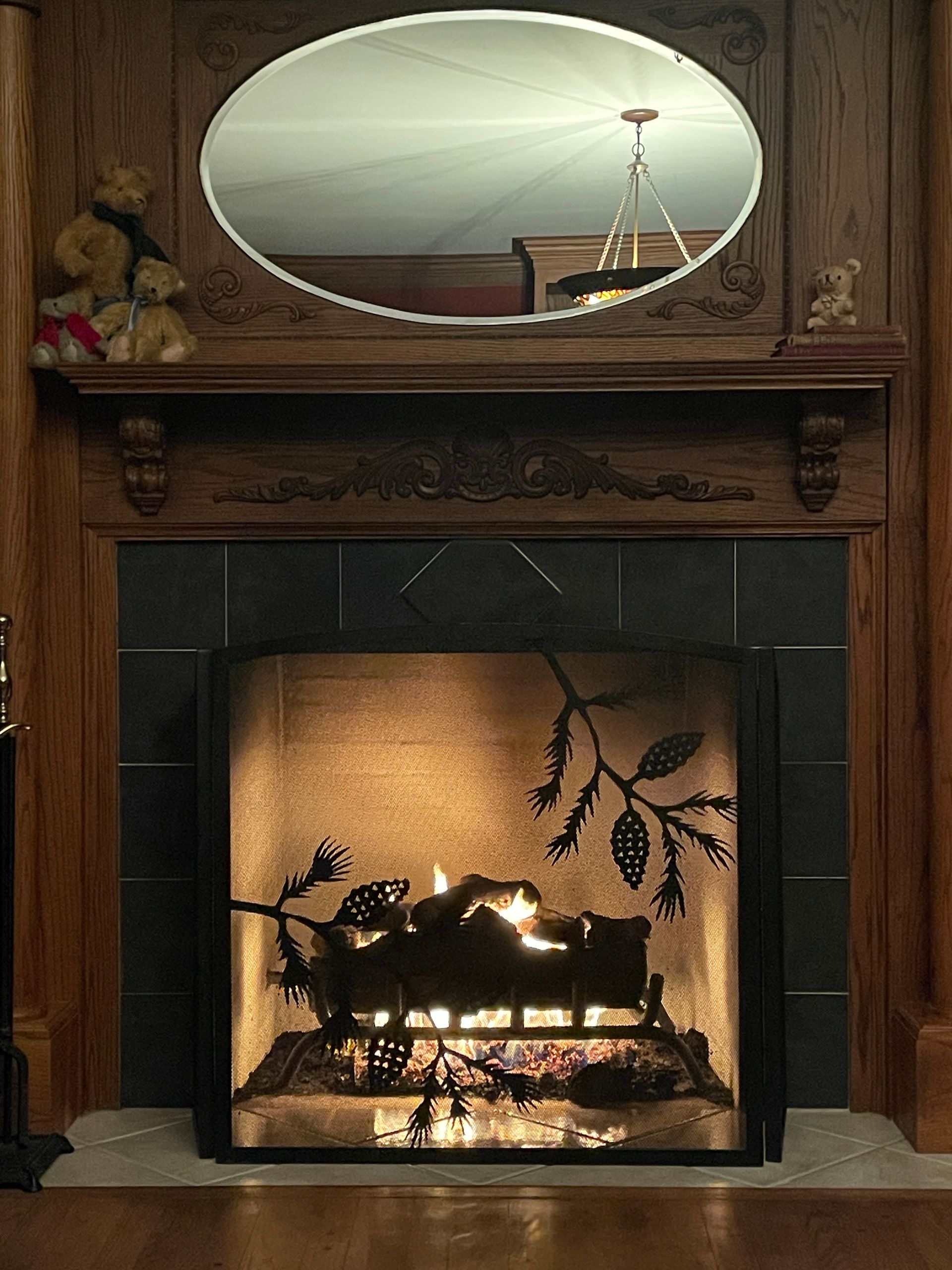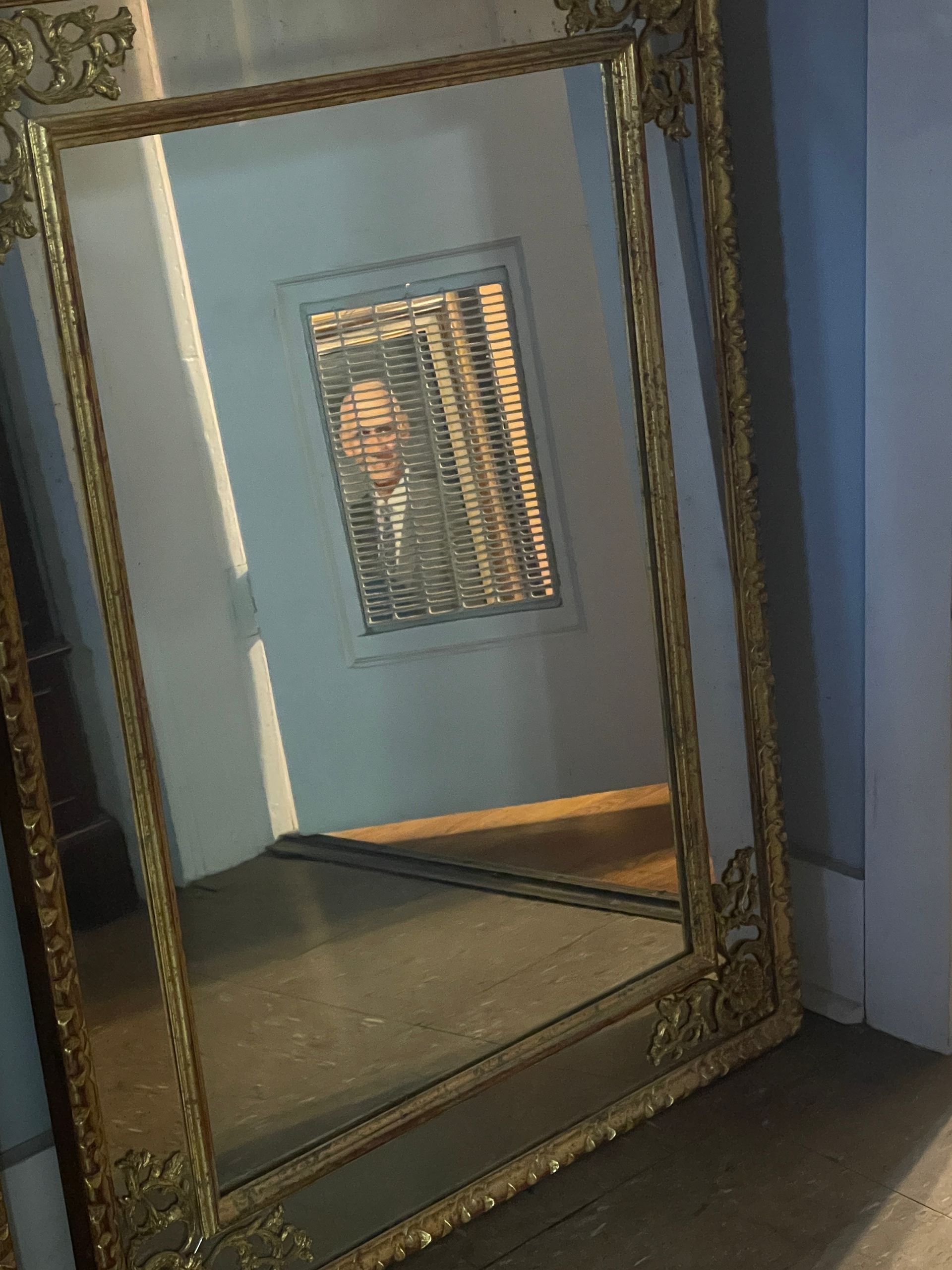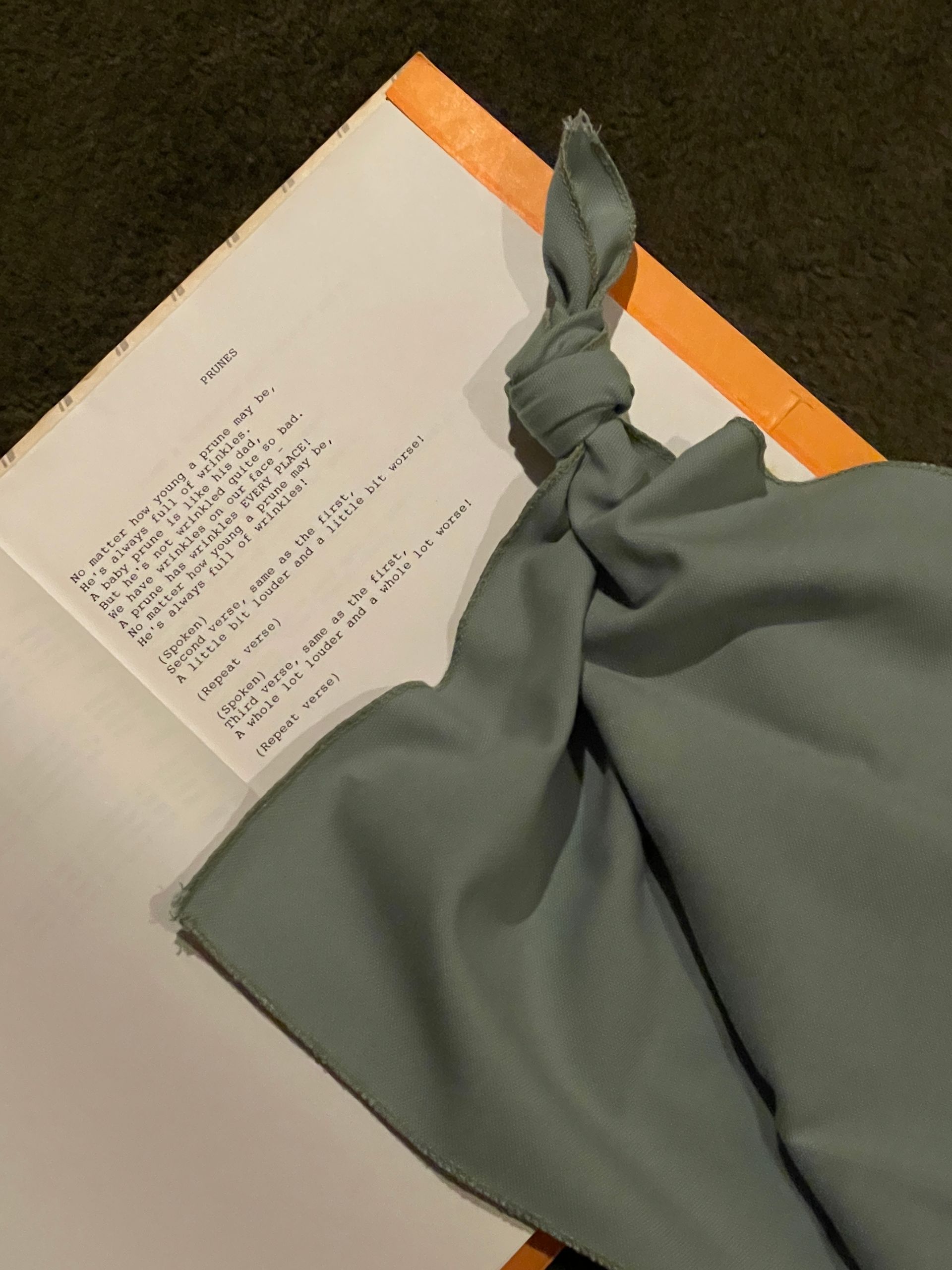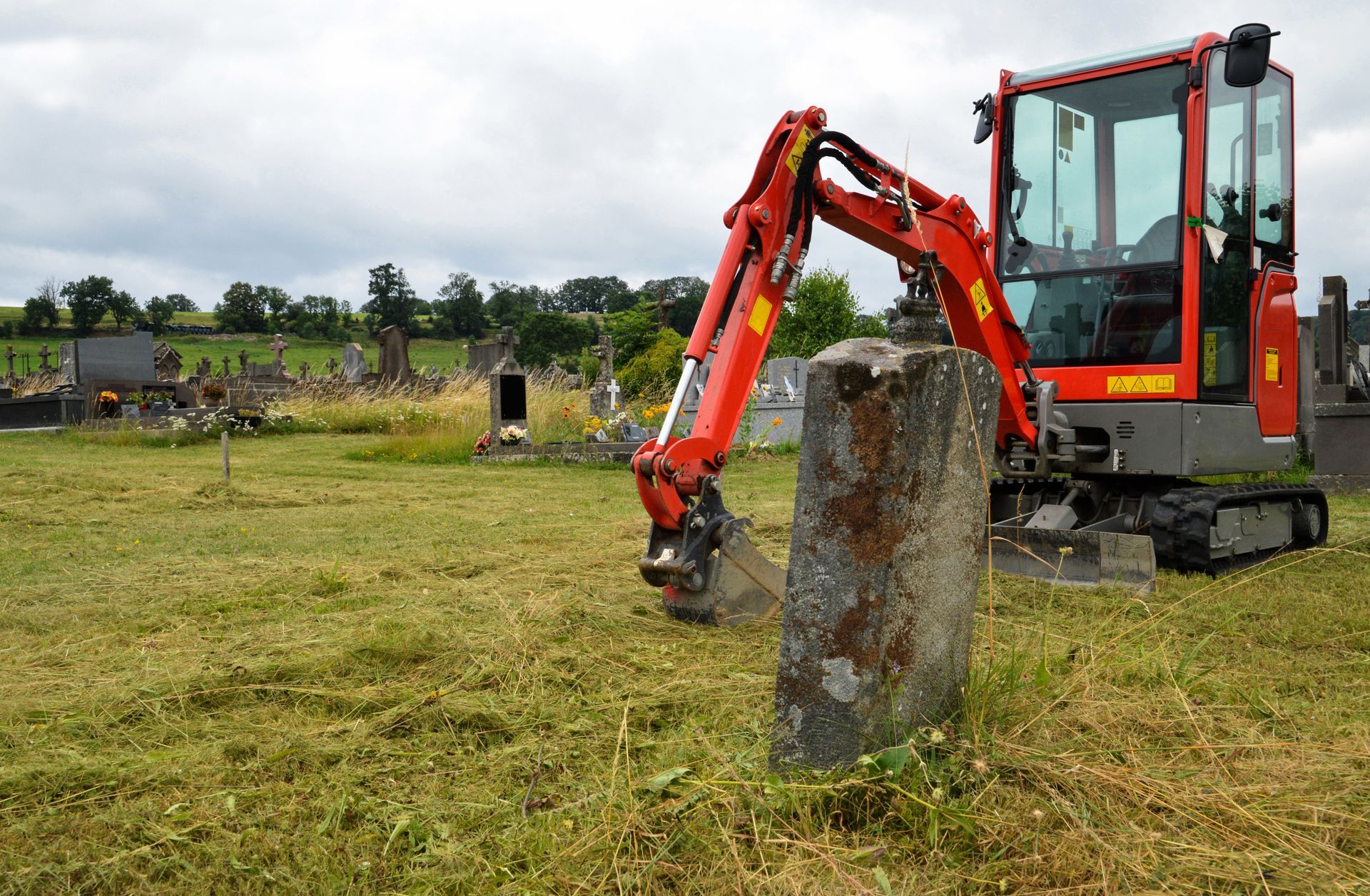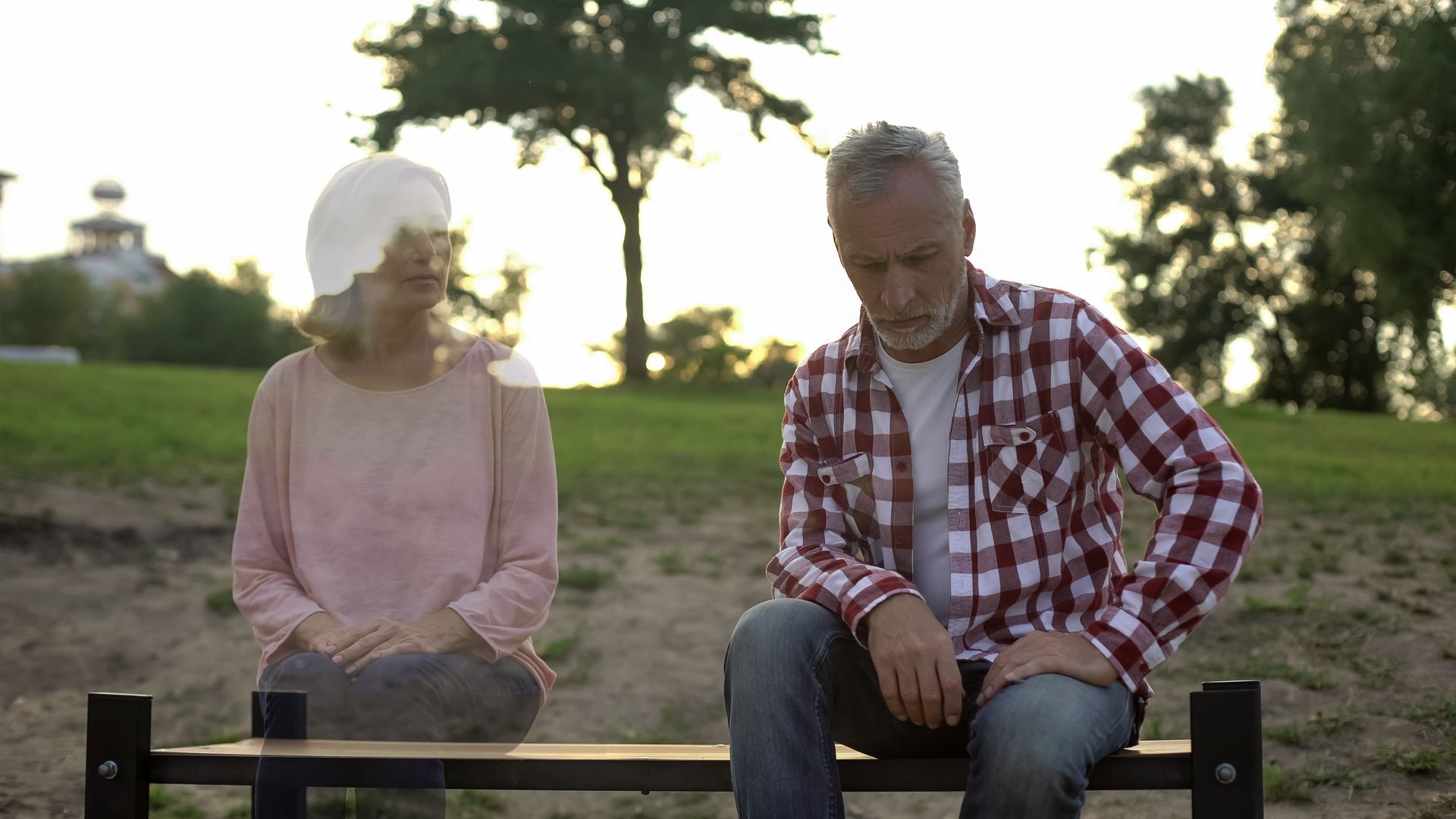The Changing of Tradition
It is December 25, 2009. My mother-in-law is standing before me, waiting expectantly to see if I like the gift she has carefully selected for me. But I can’t give her the enthusiastic response she wants. I don’t want to be there. I don’t want to be with them, or with anyone else for that matter. I don’t want to be anywhere and I know it shows in everything I do.
The night before my brother and his family and all of my crew gathered in the apartment at the funeral home—the apartment that had been home to my parents since 1979 when they moved from their house on Church Street to the newly constructed facility. I never lived there since I married before it was completed, but my brother did. To him it was his last home before starting a family of his own. But this time it was different.
My father had been incapacitated since 2003, occupying a hospital bed in what was once their bedroom. His condition had deteriorated to the point that he could no longer communicate . . . or turn . . . or even acknowledge your presence on some days. But he was still there. And we would still gather every Christmas Eve, even after my mother’s death in 2008, to enjoy a meal together and visit with him. He might not know who we were or understand the occasion, but we knew him and that was all that mattered.
But there would be no visiting tonight, no joyful celebration of the season. My father had died on November 23—exactly one month and one day before we gathered. Even though we had the apartment decorated, even though the tree was up and the stockings hung and the meal prepared, a sadness lingered, for we knew it would be the last time. The apartment could not stay the apartment forever, sealed as a shrine to my parents and all they meant in our lives. And there would be nothing to draw us to this spot.
In years past my father had always gathered us in the living room, settling himself on the steps that led down to its sunken space. We would sit ‘mongst a floor full of gifts and listen as he read of the birth of Christ from the book of Luke. He never wanted us to forget. When the time came that he could no longer fill that role, my brother would, reading from the same passage, with the same emphasis. But this year my nephew had played the part of Linus in “A Charlie Brown Christmas” so instead of the passage being read he quoted it, word for word, without hesitation or mistake. And I sat. And I listened. And I quietly cried.
I am a keeper of traditions, one who treasures the past with all of its rituals and meaning. Tradition grounds me; it connects me to all that came before. It is my remembrance of times long since gone that were special and comforting, of people who were so much a part of my life. But when those people physically leave us, the traditions cannot remain unchanged. Like the apartment that cannot be frozen in time, our lives—and our traditions—are forced to change whether or not we would have it so. That doesn’t mean we aren’t allowed to cling to those pieces that can remain. Even new or revised traditions can incorporate the old without a betrayal of our past. But with each change, with each required alteration, there are those who must adjust, and for many that adjustment is difficult at best and impossible at its very worst.
In the years that have followed we have gathered at my house on Christmas Eve, as we will do again this year and hopefully for many more to come. We will eat our traditional meal and enjoy the time we have together. We will laugh at the children and think about how much my parents would have delighted in their antics. And we will miss the times that were and the people who made them memorable.
The post The Changing of Tradition appeared first on Shackelford Funeral Directors | Blog.
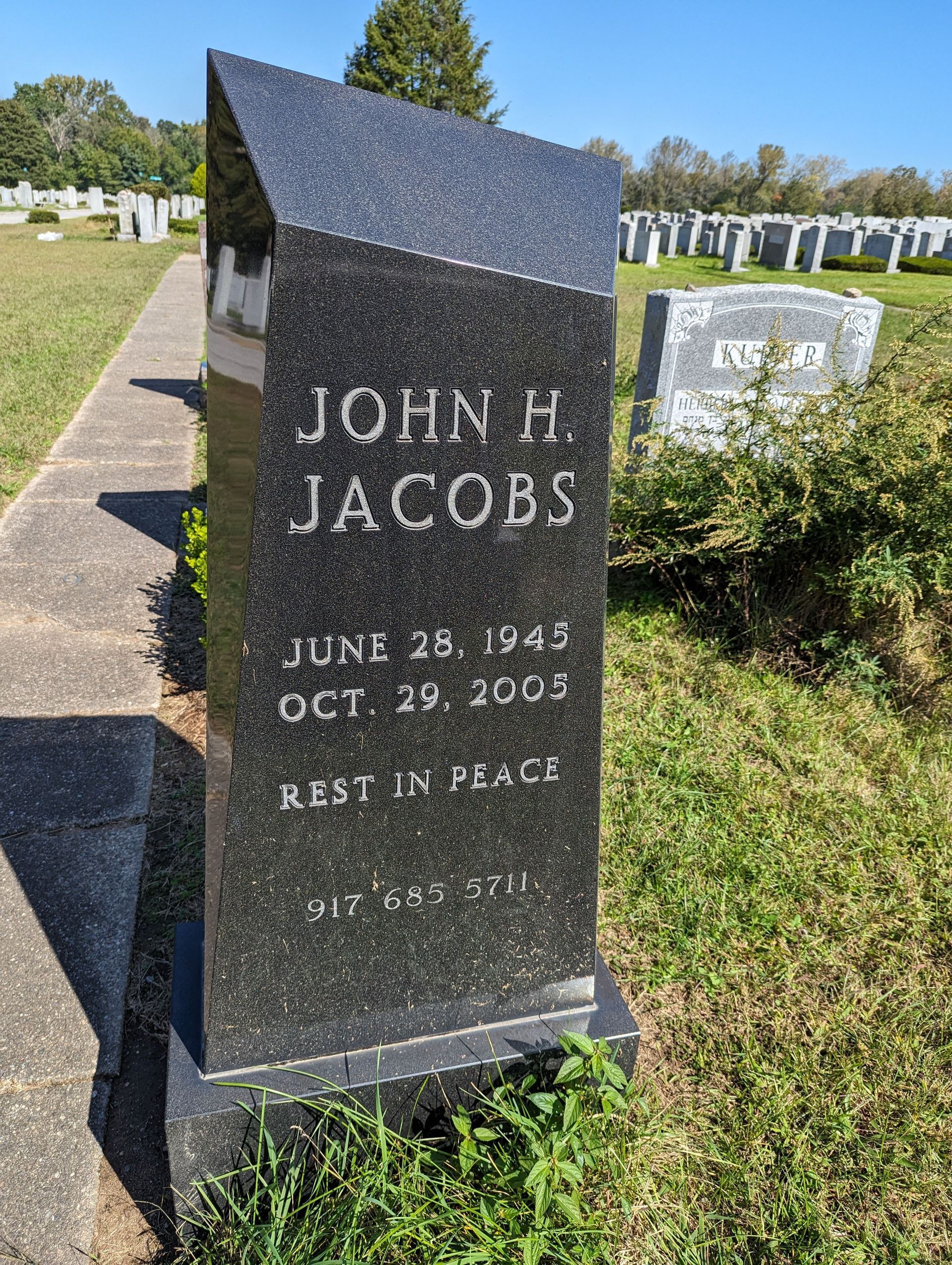
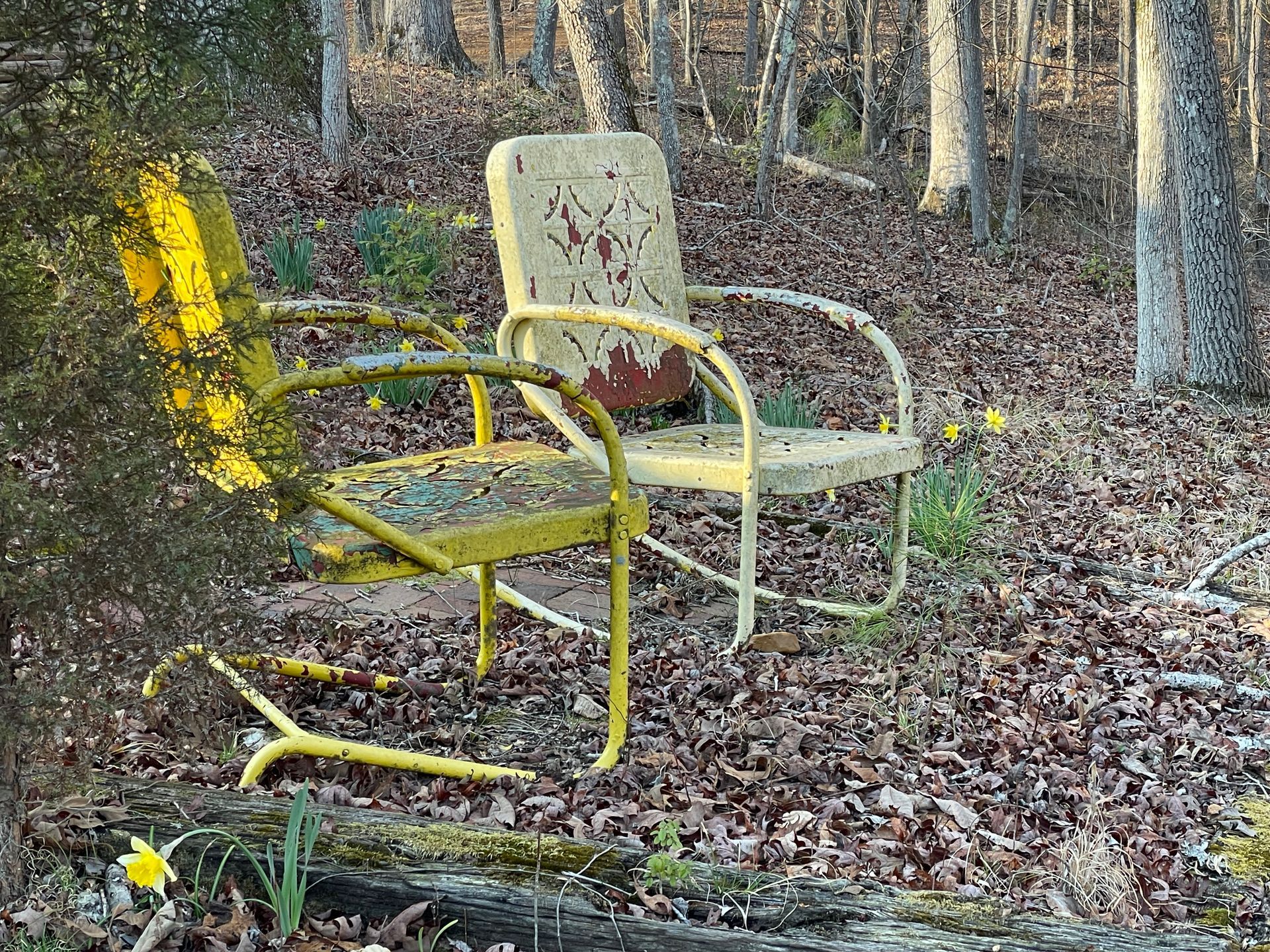
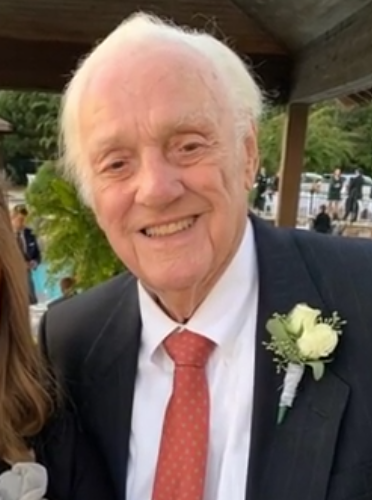
365 Days of Grief Support
Sign up for one year of grief messages designed to offer hope and healing during the difficult first year after a loss
Please wait
Verifying your email address
Please wait
Unsubscribing your email address
You have been unsubscribed
You will no longer receive messages from our email mailing list.
You have been subscribed
Your email address has successfully been added to our mailing list.
Something went wrong
There was an error verifying your email address. Please try again later, or re-subscribe.


